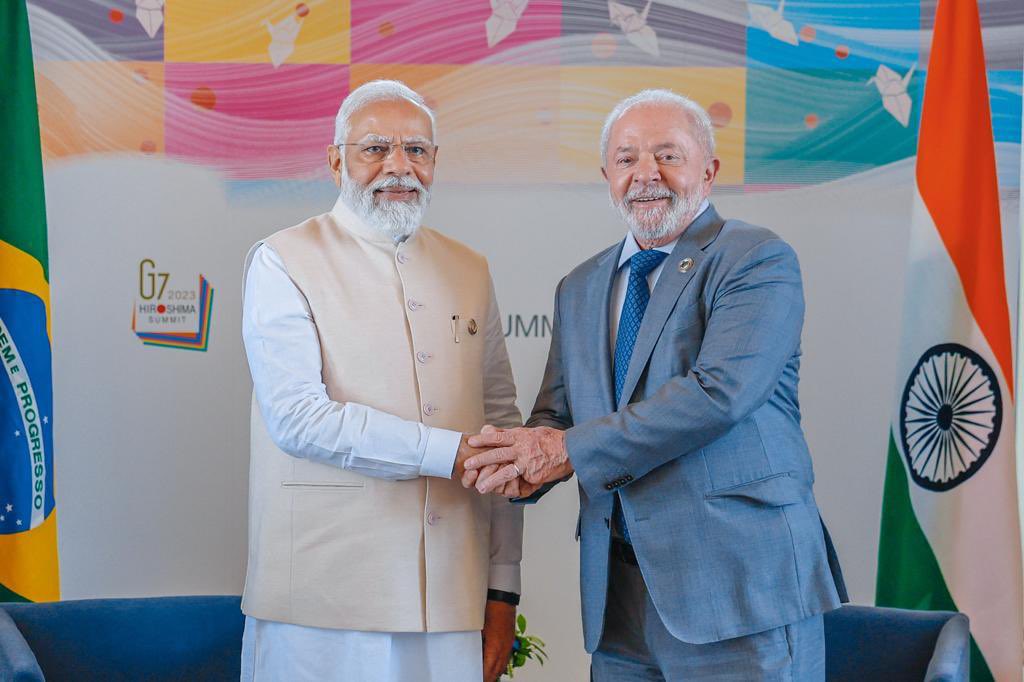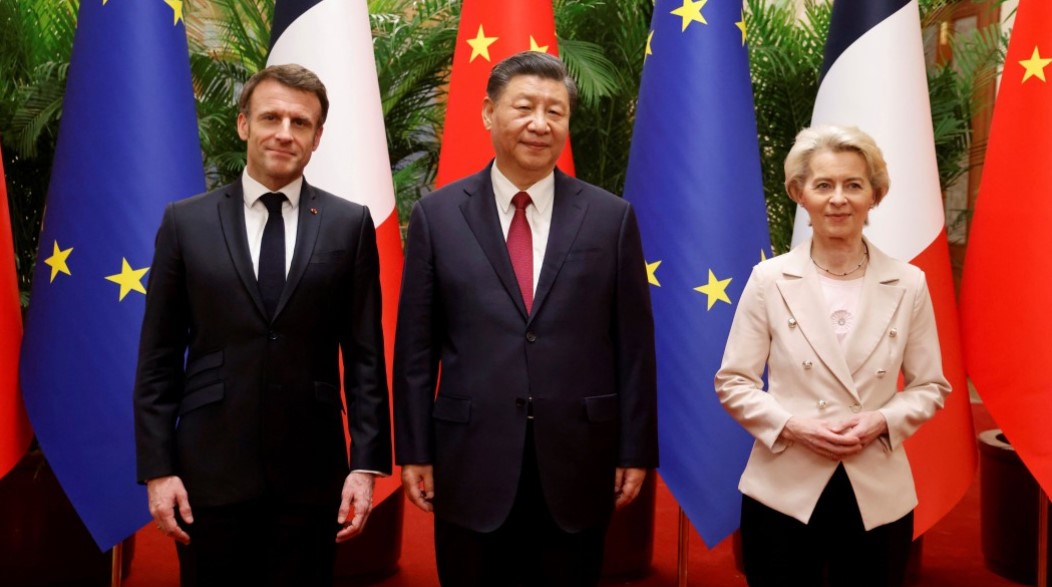Humans Reaching Out to Space: New Entries in Space Race
Sun, 06 Feb 2022 | Reading Time: 4 minutes
In the past 4-5 years the space race has ramped up. 2021 alone witnessed 146 launches of which 134 were successful. This is the highest number of launches in a single year and this record was the last set in 1967 due to the cold war between the USA and the Soviet Union. With the advent of private start-ups like SpaceX, Rocket Lab, Astra, Firefly, and also by many government-backed agencies like ULA, EESA, ISRO, NASA, ROSCOSMOS, JAXA, CNSA, etc., Boundaries of Space exploration are pushed beyond limits to make space accessible, profitable, habitable and to expand our knowledge of universe Space race includes various facets of the space industry: Space tourism- Whether it be a 10 min view of earth from space or a 3-day orbit experience going to space itself holds a lot of adventure which start-ups and private firms are running to cash on. Jeff Bezos’s Blue Origin, Richard Branson’s Virgin Galactic, Elon Musk’s SpaceX, and Russia’s Soyuz are the present contenders in this field and are extending to take tourism beyond earth’s orbit to Moon, Mars, Venus. With talk to decommission ISS private firms are eyeing to convert ISS into a space hotel. Space mining- While this holds the potential to make trillionaires it is still in its very early stages.
Works are done on technologies to mine water on the moon for future colonies and to mine rare earth and valuable resources from asteroids like Bennu ($669 million), Ryugu ($82 billion), Davida($100 trillion). It will also help to reduce the exploitation of resources on earth that cause environmental damage and destroy ecosystems. Space launch vehicle- This is the basic need for space exploration and limited countries/ agencies have the capability to have a launch vehicle. Space X being the top contender and the only provider to land back its first stage makes the ride affordable for a lot of customers. Rocket Lab, ULA, EESA, JAXA, ROSCOSMOS, are some other launch providers. India’s ISRO has PSLV as its proven workhorse and is currently working on its flagship rocket GSLV to make it safe for its human missions.
ISRO is also working on simultaneous projects such as the Reusable Launch Vehicle (RLV). The Department of Space has also opened doors for private startups that can grow while working with ISRO and use their expertise in the field. Skyroot aerospace, Agnikul cosmos, and many others are in their budding stage. Satellite manufacturing- Satellites are used to meet various needs like monitoring earth from space for defense purposes (NAVIC), climate control (CartoSat), forest covers, polar ice caps, Broadcasting, Observing outer space with telescopes in orbit (ASTROSAT, Hubble, James Webb Space telescope), etc. Many space agencies/private companies either manufacture or hire other agencies to manufacture satellites to meet their demands.
ISRO supports CubeSats from schools and colleges in India by providing free launches into space. With many more facets to space like Space debris management, Space internet (Starlink), etc., Space launch services and satellite manufacturing remains the most crucial and basic ones. The Space & Upper Atmosphere Research Commission (SUPARCO) is Pakistan’s counterpart of ISRO. It was established in 1961. It has been playing a key role in the Missile development program of Pakistan, working alongside China. The space program was backed by NASA for its technology sharing and the Space agency showed significant growth until the 1970s. Due to political instability, lack of government response and funds, shortage of technicians and experts (due to transfer in PAEC and KRL for atomic bomb project) the space program saw a major setback.
The only satellites of SUPARCO in orbit at present are PRSS-1(bought from China) and PakTES-1A( experimental satellite) both launched by China. These satellites’ main purpose is to monitor The CPEC project. The Turkish Space Agency (TUA), established recently in 2018, has been working tirelessly to make the country globally competitive in the aerospace sector. They have till now outsourced the manufacturing and launching of their satellites. TUA has set up its 5year and 10-year plans in which it wishes to land unmanned missions on the moon with international collaborations. The Turkish Aerospace Industry (TAI) is the center of technology in the design, development, manufacturing, and integration of aerospace systems. The company has a modern aircraft facility furnished with high technology machinery and equipment that provide extensive manufacturing capabilities ranging from parts manufacturing to aircraft assembly, flight tests Recently TAI has signed an agreement to develop a satellite manufacturing facility with SUPARCO on 26th Jan 22. Both the agencies will conduct joint studies on various communication satellites, space observatories, and other space projects that lie within the scope of the agreement. TAI opened its office in Pakistan in 2019.
While China also announces building the Pakistan space center to build satellites, Pakistan will finally get a chance to revive its space program. These collaborations with TAI and China will help Pakistan to grow its scientific temperament and divert its resources to new and more useful purposes. UR Rao Satellite Center, Bangalore in India is responsible for manufacturing satellites that are supplemented by various other laboratories of ISRO like SCL Mohali, SAC Gujrat, etc. While this development will provide some competition to ISRO in satellite manufacturing, due to China’s involvement, ISRO should focus on supporting and developing the unicorns in the Space sector for both launching and satellite manufacturing in India. Once Private Startups are established they will handle this competition and take it to new levels.
Indian Startups in satellite manufacturing include Pixel, Dhruva Space, Xovian Aerospace, Bellatrix, etc. these Startups are focusing on various fields of satellite market including CubeSat, ready to launch modular satellite systems, Electric propulsion, green propulsion. IN-SPACe is an independent nodal agency under the Department of Space for allowing space activities and usage of DOS-owned facilities by Non-Government Private Entities (NGPEs) as well as to prioritize the launch manifest. IN-SPACe will have a Chairman, technical and Safety experts from Academia, Industries, ISRO labs. Legal and Strategic experts from other departments, members from PMO and MEA
Disclaimer
The opinions expressed in this article are the author’s own and do not reflect the views of Chanakya Forum. All information provided in this article including timeliness, completeness, accuracy, suitability or validity of information referenced therein, is the sole responsibility of the author. www.chanakyaforum.com does not assume any responsibility for the same.
Chanakya Forum is now on . Click here to join our channel (@ChanakyaForum) and stay updated with the latest headlines and articles.
Important
We work round the clock to bring you the finest articles and updates from around the world. There is a team that works tirelessly to ensure that you have a seamless reading experience. But all this costs money. Please support us so that we keep doing what we do best. Happy Reading
Support Us




















POST COMMENTS (0)